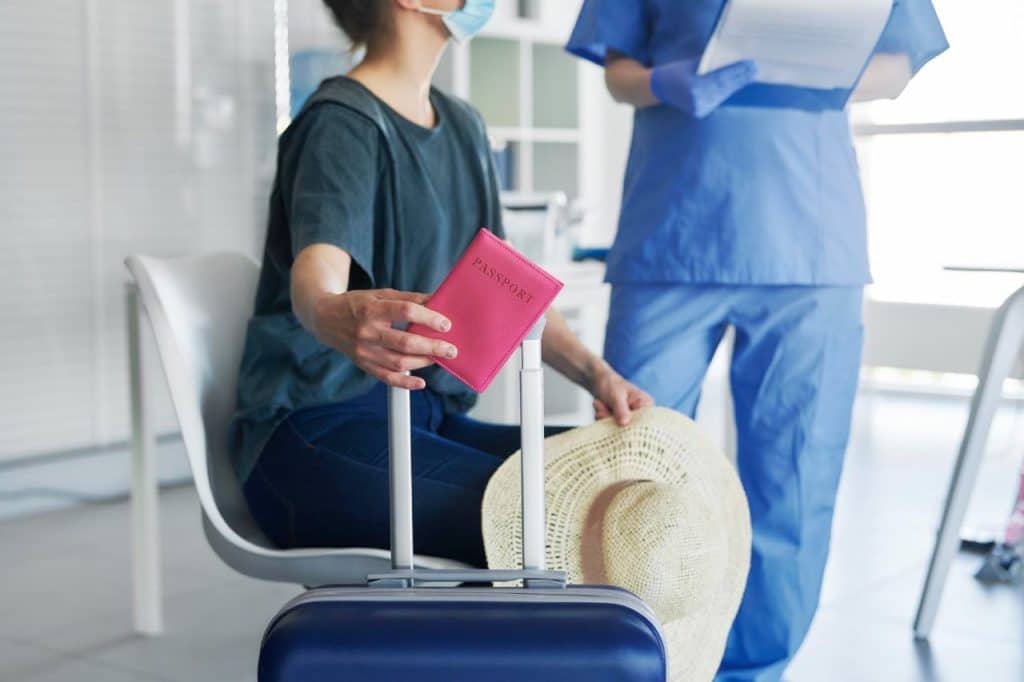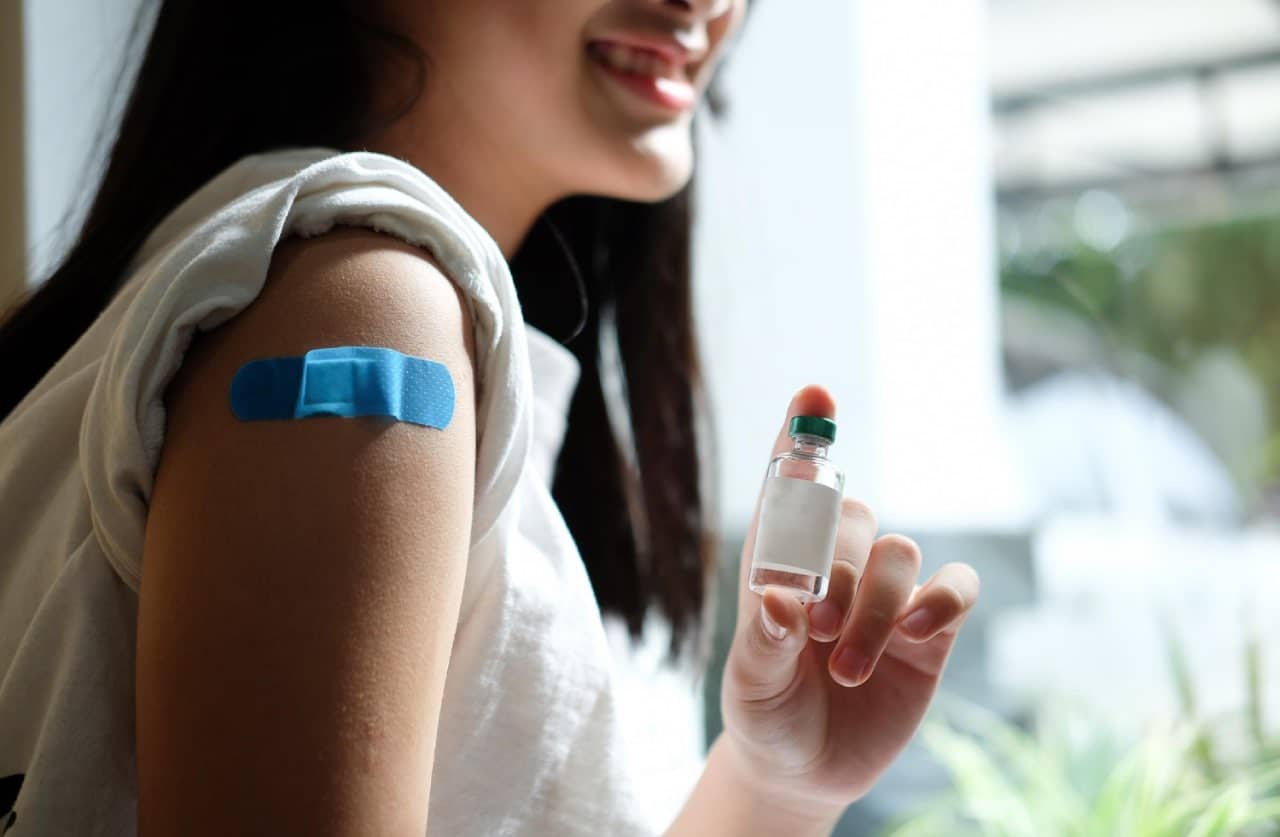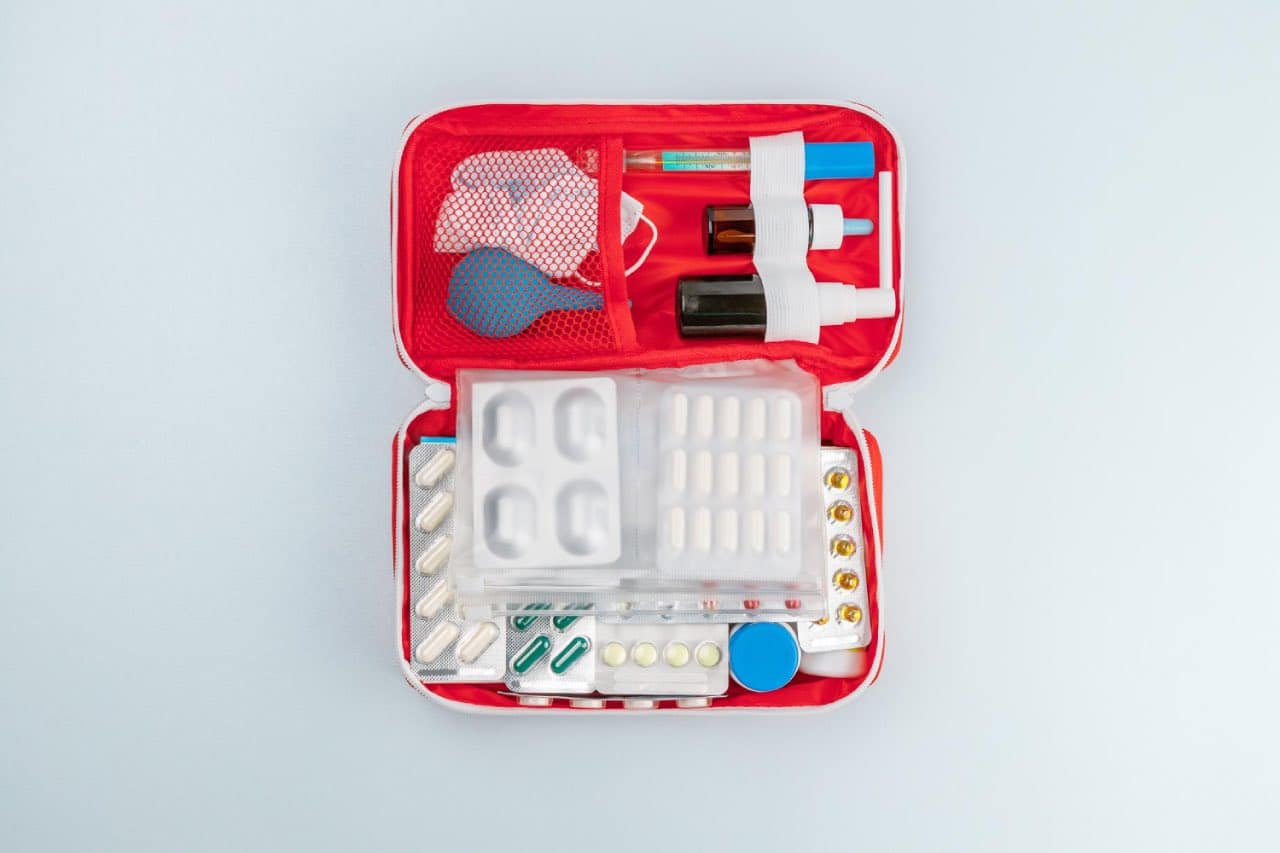Planning a trip is an exciting experience, whether it’s for business, leisure, or family visits. While packing your bags and planning your itinerary can be thrilling, one crucial aspect that’s often overlooked is health preparation. Not taking proactive steps to stay healthy can lead to disruptions, medical emergencies, and unnecessary stress during your trip.
Why Preparing for Your Health is Just as Important as Packing
When preparing for a trip, most people focus on the basics packing clothes, booking accommodation, and mapping out itineraries. Health preparation, however, is often pushed to the back burner. But neglecting this crucial aspect can result in unnecessary stress and complications. Falling ill while travelling can not only derail your plans but can also lead to unexpected medical costs, extended hospital stays, and potentially severe long-term health consequences. The physical and financial toll of an illness abroad can be significant, and the best way to avoid these risks is to plan ahead.
Just as you wouldn’t dream of forgetting your passport or tickets, your health should be a priority on your pre-flight checklist. By taking proactive steps such as ensuring you have the necessary vaccinations, packing essential medications, and securing travel insurance, you reduce the chances of being caught off guard by health issues. Being prepared gives you the peace of mind to focus on enjoying your trip rather than worrying about potential health risks. Health preparation before travelling doesn’t just involve avoiding illness—it’s about ensuring that you are equipped and ready to handle anything that may arise, so you can fully embrace the experience.
Essential Travel Vaccinations: What You Need and When to Get Them
Vaccinations protect against serious diseases that may not be prevalent in Australia but are common in other regions. The type of vaccinations required depends on your destination, length of stay, and planned activities.
Some key vaccinations for travellers include:
- Hepatitis A and B – Recommended for many destinations, particularly in areas with poor sanitation.
- Typhoid – Essential for travel to regions with limited access to clean water.
- Yellow Fever – Required for entry into certain countries, particularly in South America and Africa.
- Japanese Encephalitis – Recommended for extended stays in rural parts of Asia.
- Rabies – Important for those travelling to remote areas or engaging in outdoor activities.
- Influenza and COVID-19 – Always advisable, as air travel increases exposure to respiratory illnesses.
- Meningococcal Disease – Recommended for travellers visiting sub-Saharan Africa or countries with high rates of meningitis, especially during an outbreak.
- Cholera – Recommended for those travelling to areas with ongoing outbreaks or inadequate sanitation, especially if travelling to rural areas or engaging in high-risk activities like eating street food.
It’s best to consult a travel doctor at least 6 to 8 weeks before departure to ensure vaccinations take full effect. Some vaccines require multiple doses, so early planning is crucial. Checking entry requirements for your destination is also essential, as some countries have strict vaccination policies.
Medications to Carry for a Safe and Healthy Trip
Bringing the right medications can make a significant difference in managing minor health issues and avoiding unnecessary medical visits abroad. Here’s what to include in your travel health kit:
- Prescription Medications – Ensure you have enough for your entire trip, plus a few extra days in case of delays. Carry them in their original packaging with a copy of your prescription.
- Pain Relievers – Paracetamol or ibuprofen for headaches, muscle aches, or fever.
- Anti-diarrhoeal Medication – Essential for destinations where food and water safety is a concern.
- Motion Sickness Tablets – Useful for flights, boat rides, or long road trips.
- Antihistamines – To manage allergies or insect bites.
- Electrolyte Rehydration Sachets – Helpful in case of dehydration from diarrhoea or heat.
- First-Aid Supplies – Band-aids, antiseptic wipes, and tweezers for minor injuries.
- Insect Repellent and Sunscreen – To prevent bites and sunburn.
Packing these essentials can save you the hassle of searching for medications in an unfamiliar place, where language barriers and different regulations may make it difficult to find what you need.
Travel Insurance and Medical Coverage: What You Need to Know
No one expects to fall ill or have an accident while travelling, but the reality is that medical emergencies can happen anywhere, at any time. Without the right travel insurance, a minor mishap can quickly become a financial nightmare.
Before purchasing travel insurance, take the time to review what’s covered. Look for a policy that includes medical expenses, hospital stays, and emergency medical evacuation. Some insurers even offer repatriation services if you need to return home for treatment. If you have a pre-existing condition, check whether it’s covered, as some insurers may require additional declarations or premiums.
Beyond medical coverage, consider policies that cover trip cancellations due to unexpected health issues. Losing money on non-refundable flights and accommodation can be frustrating, but the right policy can help mitigate these losses. Additionally, many travel insurance providers offer 24/7 emergency assistance, which can be a lifesaver if you need medical advice, hospital recommendations, or even translation services while overseas.
Before you depart, familiarise yourself with the claims process, emergency contact numbers, and the nearest healthcare facilities at your destination. Keep both physical and digital copies of your insurance documents, and ensure a travel companion or family member has access to them in case of an emergency.
How to Stay Healthy While Flying: Tips for Long-Haul Flights
Air travel exposes passengers to dry cabin air, long periods of immobility, and increased risk of jet lag. Here’s how to stay healthy during your flight:
- Stay Hydrated – Drink plenty of water and avoid excessive caffeine and alcohol.
- Move Regularly – Stretch your legs, do in-seat exercises, and walk around the cabin when possible to prevent deep vein thrombosis (DVT).
- Wear Compression Socks – Helps with circulation and reduces the risk of swelling and blood clots.
- Use Hand Sanitiser and Wipes – Minimise exposure to germs on tray tables and armrests.
- Adjust Your Sleep Schedule – Gradually shift your sleep pattern before travelling to reduce jet lag effects.
- Eat Lightly – Avoid heavy meals before and during the flight to prevent bloating and discomfort.
These simple measures can make a significant difference in how you feel upon arrival, allowing you to start your trip refreshed and ready to explore.
Conclusion
Taking the time to prepare for your health before travelling ensures a safer, smoother, and more enjoyable journey. From getting the right vaccinations to packing essential medications and securing adequate travel insurance, small steps can have a big impact on your well-being abroad. Following in-flight health tips will also help you arrive at your destination feeling your best.
For personalised travel health advice, vaccinations, and pre-travel check-ups, book an appointment with Medsana Medical Clinic today. Safe travels!



